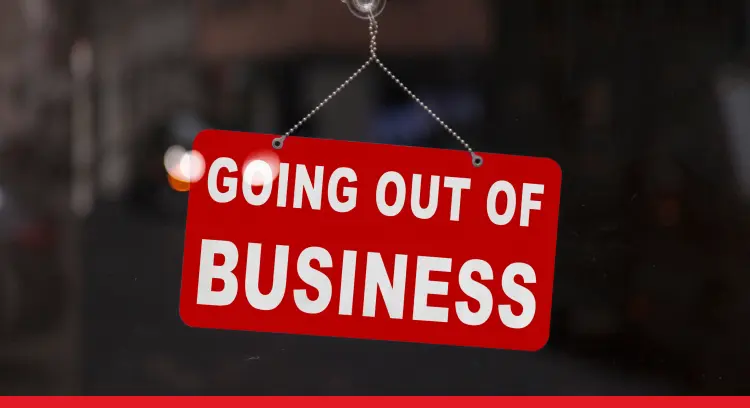Companies Figure Out Flexible Work | February 2023
Remote work is here to stay and many organizations have introduced permanent hybrid work policies that mix remote work with in-office work.
During the COVID-19 pandemic, many corporate employees worked remotely for more than a year before companies introduced hybrid work models to bring employees back to the office. During the initial outbreak, some companies provided employees with a stipend to establish a home office to maintain productivity. Having a fully remote workforce, however, can negatively affect organizational culture and communication. But, as it has become clear that remote work is here to stay, many organizations have introduced permanent hybrid work policies that mix remote work with in-office work.
Some employers, in an attempt to establish norms and manage expectations, have branded their flexible scheduling options. For example, KPMG uses the phrase “Flex with Purpose” for its hybrid work model, 3M calls it “Work Your Way,” and American Express calls it “Amex Flex.” Flexible scheduling policies can be very attractive to both current and potential employees, making these branded work policies valuable recruiting tools.
Corporations are still figuring it out
According to a Deloitte survey, only a quarter of executives and board members say they are ready to address the issue of selecting the right workplace model, even though 88 percent of them say finding the right model is a key to success.
Additionally, employees may not understand their organization’s policies. According to a Mercer survey, only a third of organizations have formal rules around their flexible working policies. The rest have informal guidelines or no guidelines at all. This suggests that corporate America lacks consensus on how to manage these policies.
How flexible should policies be?
It is evident many companies are struggling to find the balance between formal and informal policies. Companies want to motivate employees with flexible scheduling options, but they also want to retain a certain degree of control. For instance, KPMG’s Flex with Purpose program communicates that employees need a good reason for working remotely, meaning employees are not in full control. Companies offer varying degrees of flexibility, partly due to concerns from high-level managers that employees may take advantage of having less supervision. Other companies, such as Spotify, give employees more power.
While some studies have shown working from home decreases teamwork and creativity, others say it increases engagement and productivity. One thing is certain—there is no one-size-fits-all approach to flexible scheduling strategies. Organizations must land on a model that works for their employees and their organizational culture.
In the Classroom
This article can be used to discuss flexible scheduling strategies (Chapter 9: Motivating the Workforce).
Discussion Questions
Why is a hybrid work model?
What are the advantages/disadvantages of remote and/or hybrid work?
Why do you think corporations are still figuring out flexible work?

This article was developed with the support of Kelsey Reddick for and under the direction of O.C. Ferrell, Linda Ferrell, and Geoff Hirt.
Sources
Susan Caminiti, "Workers Want Hybrid but Say It’s Exhausting Them. Here’s How Companies Can Fix That," CNBC, February 8, 2022, https://www.cnbc.com/2022/02/08/workers-say-hybrid-is-exhausting-them-heres-how-companies-fix-that.html
Matthew Boyle, "Dimon Says Remote Work ‘Doesn’t Work’ for Younger Staff, Management," Bloomberg, January 19, 2023, https://www.bloomberg.com/news/articles/2023-01-19/jamie-dimon-says-work-from-home-doesn-t-work-for-young-staff-management
Matthew Boyle, "Rebranding RTO: Why Companies Coin Names for Their Hybrid-Work Plans," Bloomberg, January 17, 2023, https://www.bloomberg.com/news/articles/2023-01-17/hybrid-work-plan-names-show-corporate-concern-about-flex-work



